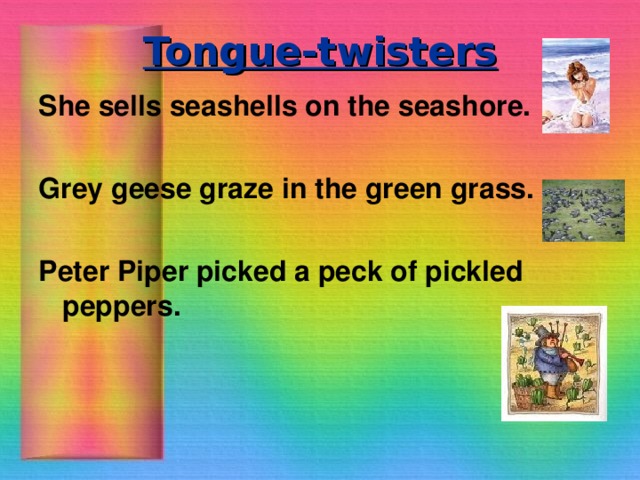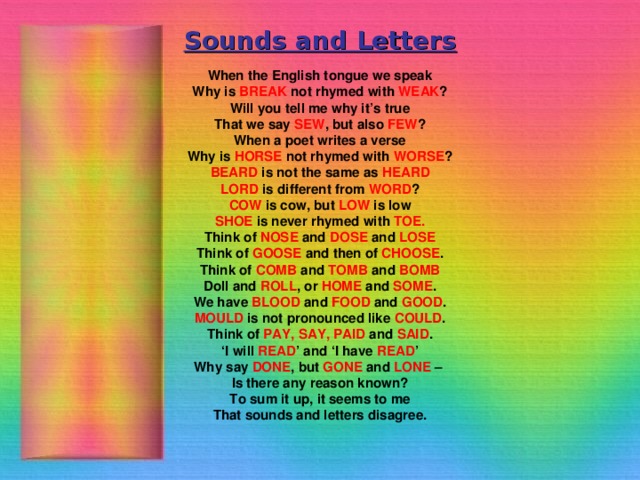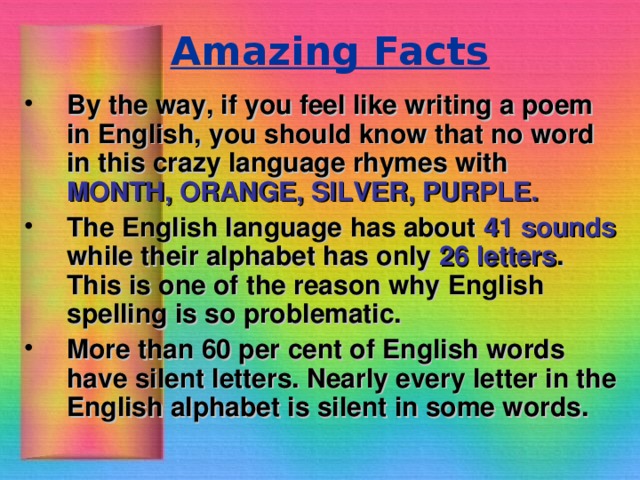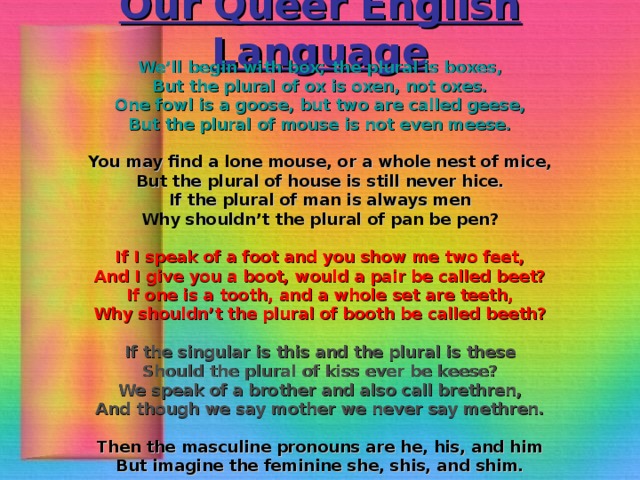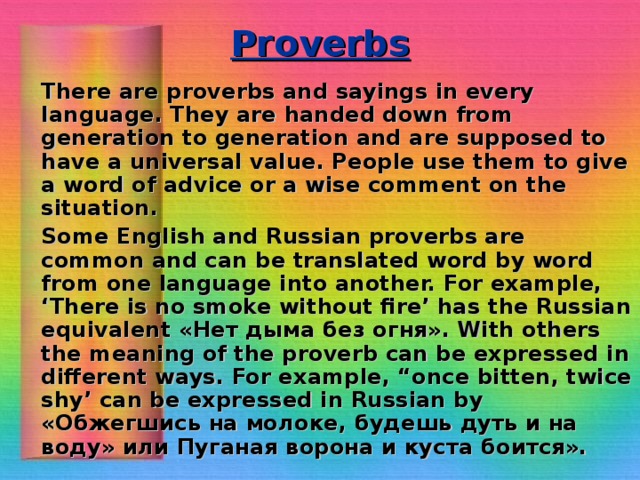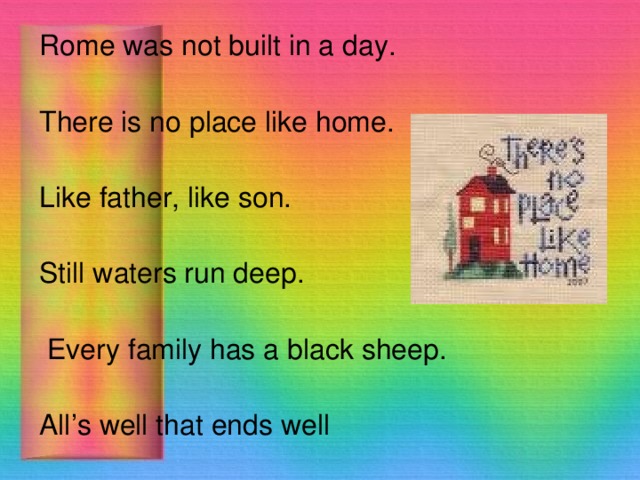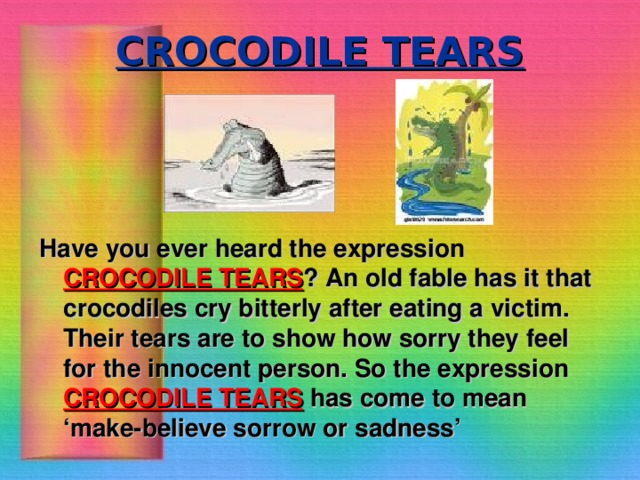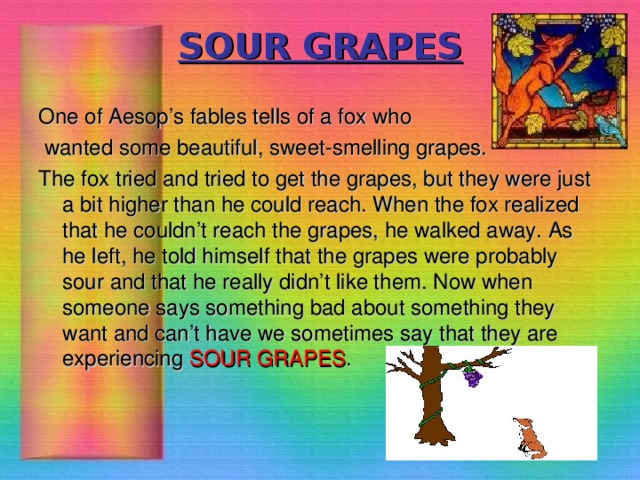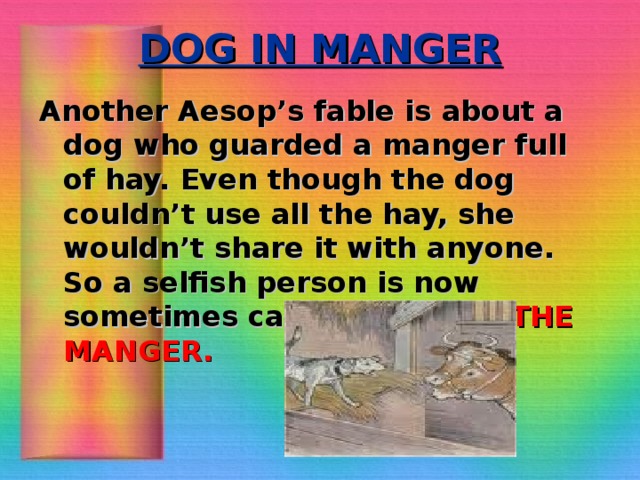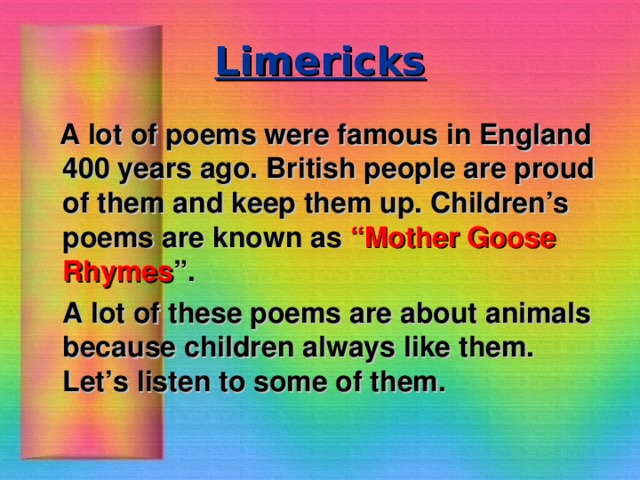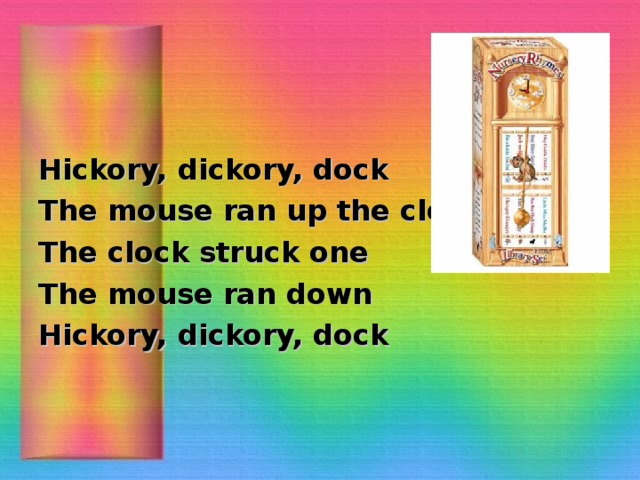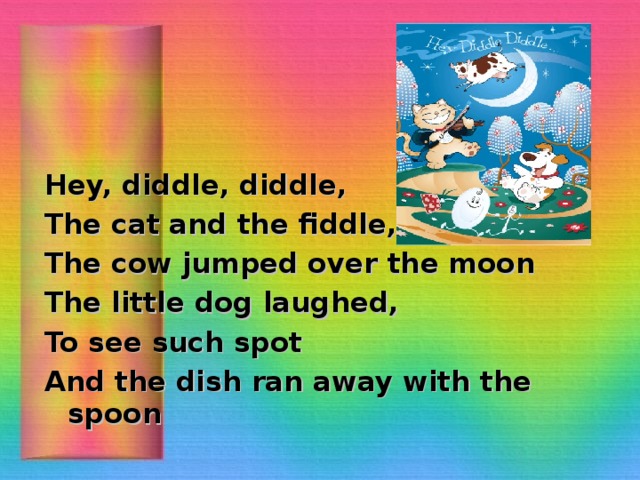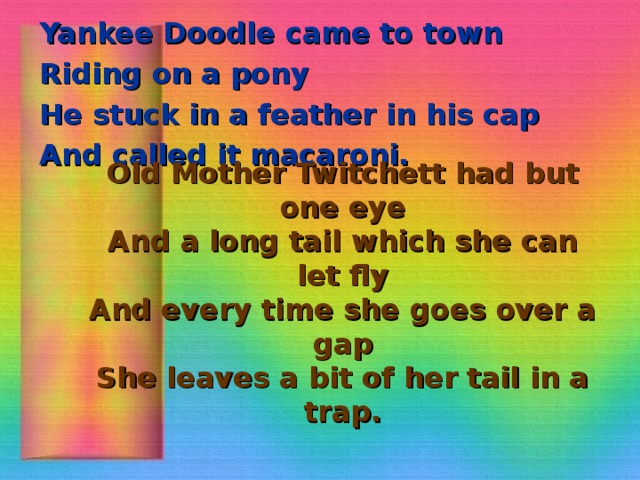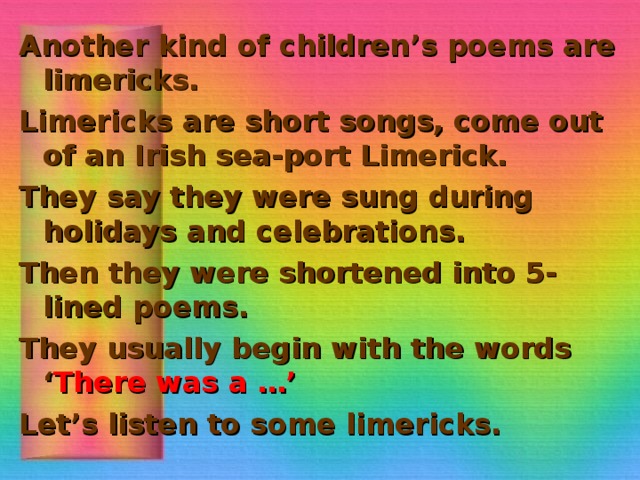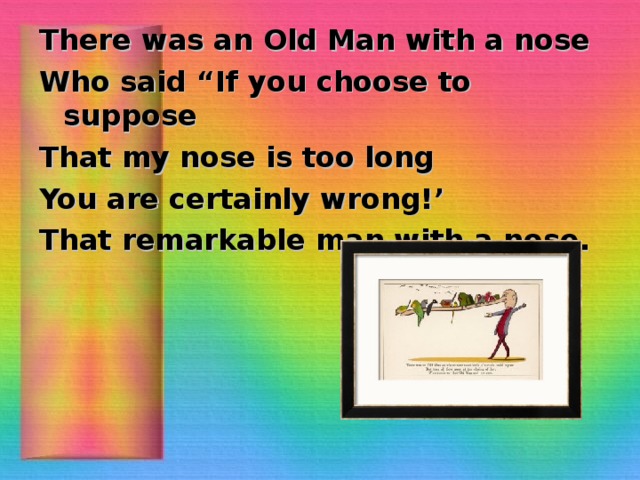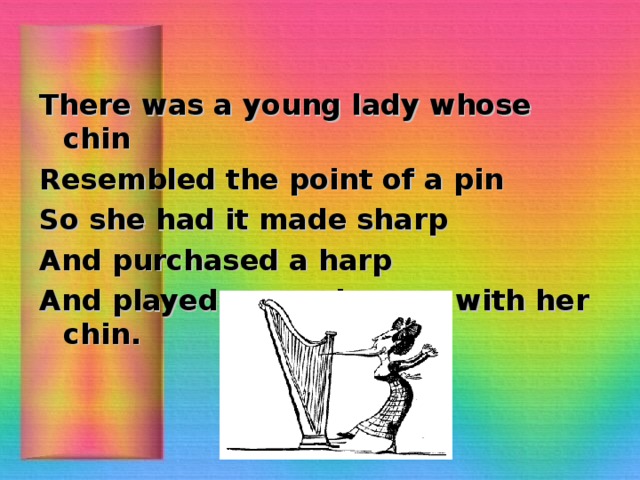Урок –презентация по английскому языку об изучении английского языка. В уроке содержатся примеры способов изучения английского языка, где можно почерпнуть лексику из описания интересных фактов, трактования пословиц, «языковых близнецов», написания и произношения слов, басен и лимериков. В данной презентации приведены примеры пословиц, басен и лимериков, а так же приведены интересные факты.
Создайте Ваш сайт учителя Видеоуроки Олимпиады Вебинары для учителей
Урок- презентация "Мы изучаем Английский язык".
Вы уже знаете о суперспособностях современного учителя?
Тратить минимум сил на подготовку и проведение уроков.
Быстро и объективно проверять знания учащихся.
Сделать изучение нового материала максимально понятным.
Избавить себя от подбора заданий и их проверки после уроков.
Наладить дисциплину на своих уроках.
Получить возможность работать творчески.
Просмотр содержимого документа
«Урок- презентация "Мы изучаем Английский язык". »
Похожие файлы
Полезное для учителя
Распродажа видеоуроков!
1760 руб.
2510 руб.
2160 руб.
3080 руб.
1880 руб.
2690 руб.
2160 руб.
3080 руб.
ПОЛУЧИТЕ СВИДЕТЕЛЬСТВО МГНОВЕННО
* Свидетельство о публикации выдается БЕСПЛАТНО, СРАЗУ же после добавления Вами Вашей работы на сайт
Удобный поиск материалов для учителей
Проверка свидетельства


